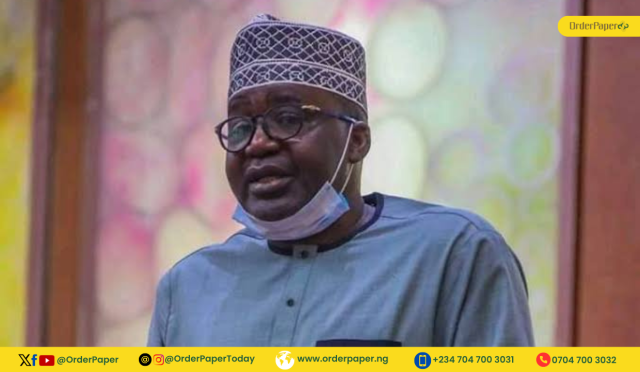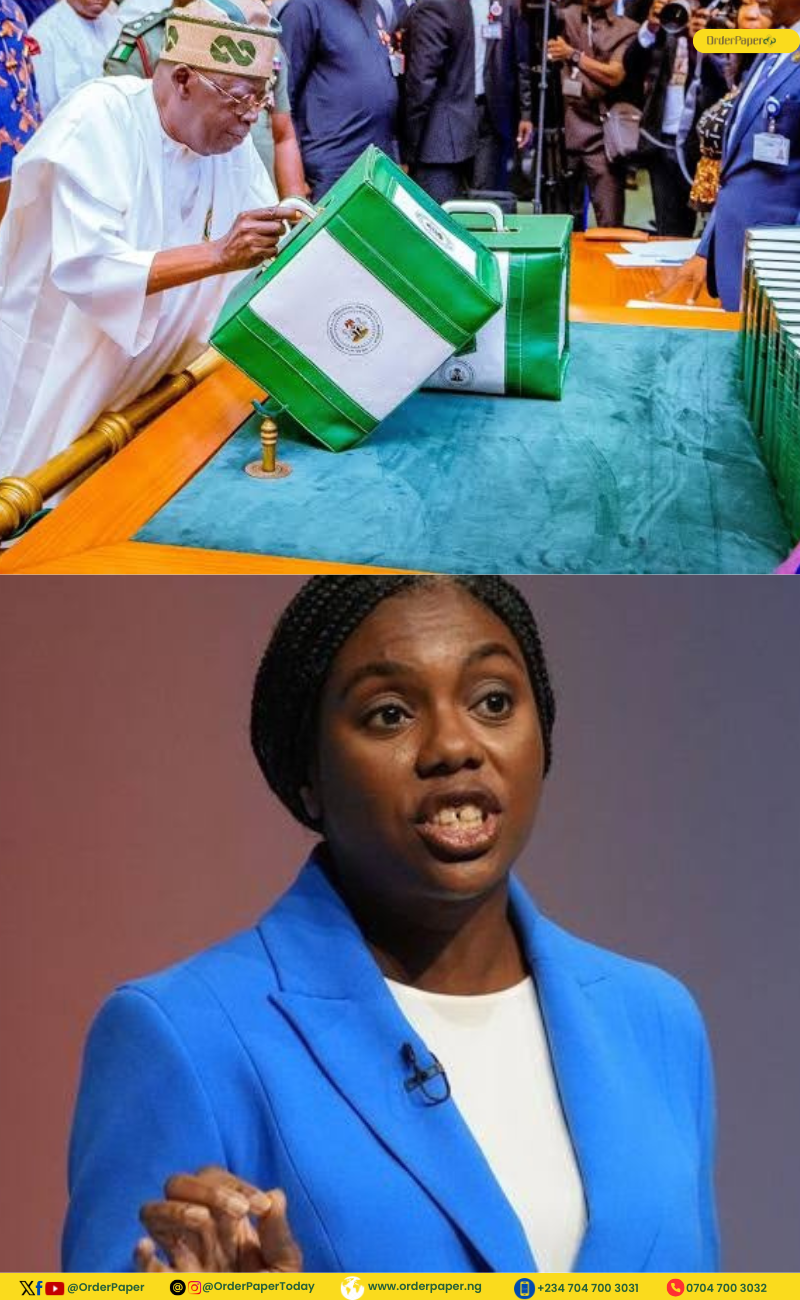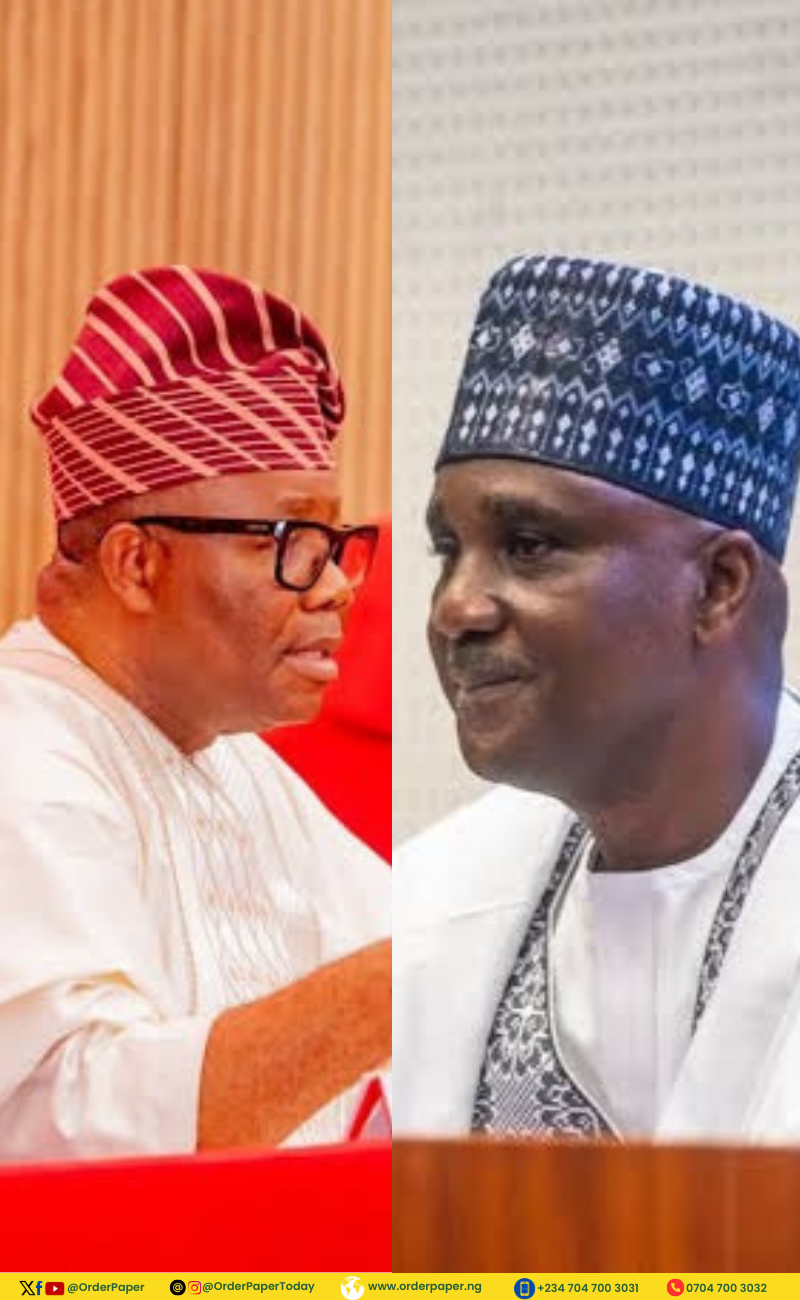Ibrahim Hassan Hadeija serves as the deputy chief of staff to the President of Nigeria, working in the office of the Vice President. He is among the several former legislators who have moved into executive roles under the Tinubu administration. This series on ex-NASS members mirrors his journey to date.

Early life and educational background…
Ibrahim Hadeija was born in 1965 to the family of late elder statesman, Alhaji Hassan Hadejia who was until his death, the Shetima of Hadejia. For his primary and secondary education, he attended Sacred Heart Primary. School, Kaduna and Barewa College Zaria respectively after which he proceeded to the School of Basic Studies, ABU zaria, from where he was enrolled into the faculty of law, Ahmadu Bello University, Zaria.
Hadeija had quite an eventful career between 1990 and 1999 where he worked in several capacities in several organizations in the public and private sectors. He served in the position of attorney general and commissioner of justice, Jigawa state, before he was appointed as secretary to the state government. He was appointed the deputy governor before the elections in 2003 and ran for office as deputy governorship candidate a few months later and continued in that position till 2007.
The ‘deputy’ role in politics…
Hadeija’s sojourn in the political space is quite interesting as most of the positions held were deputy roles. He served as deputy governor to two different administrations in Jigawa state and upon emergence into the senate where he represented Jigawa north-east senatorial district, he was also appointed deputy chairman of the committee on public account. His current political position in the President Bola Tinubu administration is also a deputy position, being deputy chief of staff to the president in the office of the vice president, an appointment he took up on June 2, 2023.
His transition from executive to legislature…
Hadeija’s foray from the legislative arm to the executive arm of government has earned him the status of being a FLEX (From the Legislature to the Executive). However, it remains to see how this transition will influence the discharge of his current roles and responsibilities.



